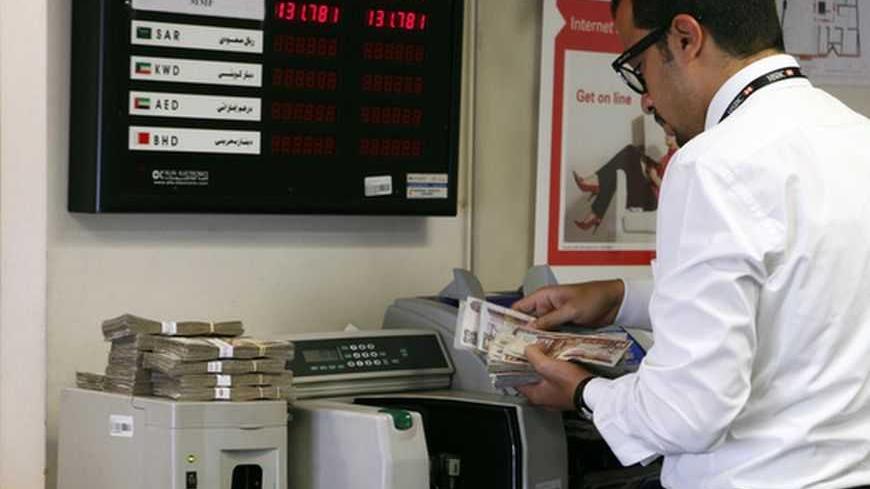
Felix Imonti is the retired director of a private equity firm where he was an investment strategist for seven years. He has published a history book, Violent Justice, and his articles in the fields of international politics and economics has appeared in Resource Investor, Current Intelligence, The Commentator, The Huffington Post, Diplomatic Courier, Open Democracy, The Oil Price, The Times of India, Turkish Weekly and The Christian Science Monitor. Imonti resides in Japan.
